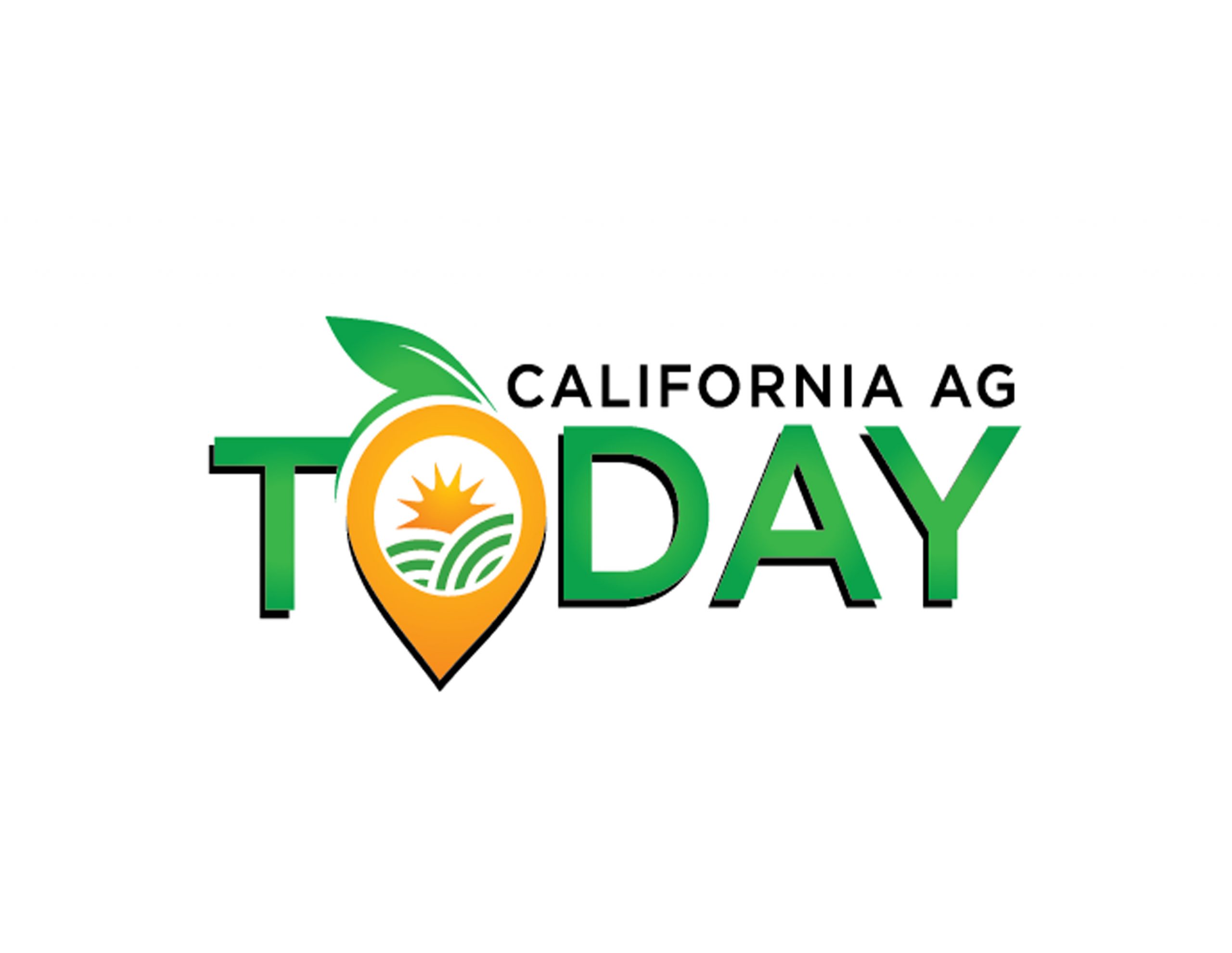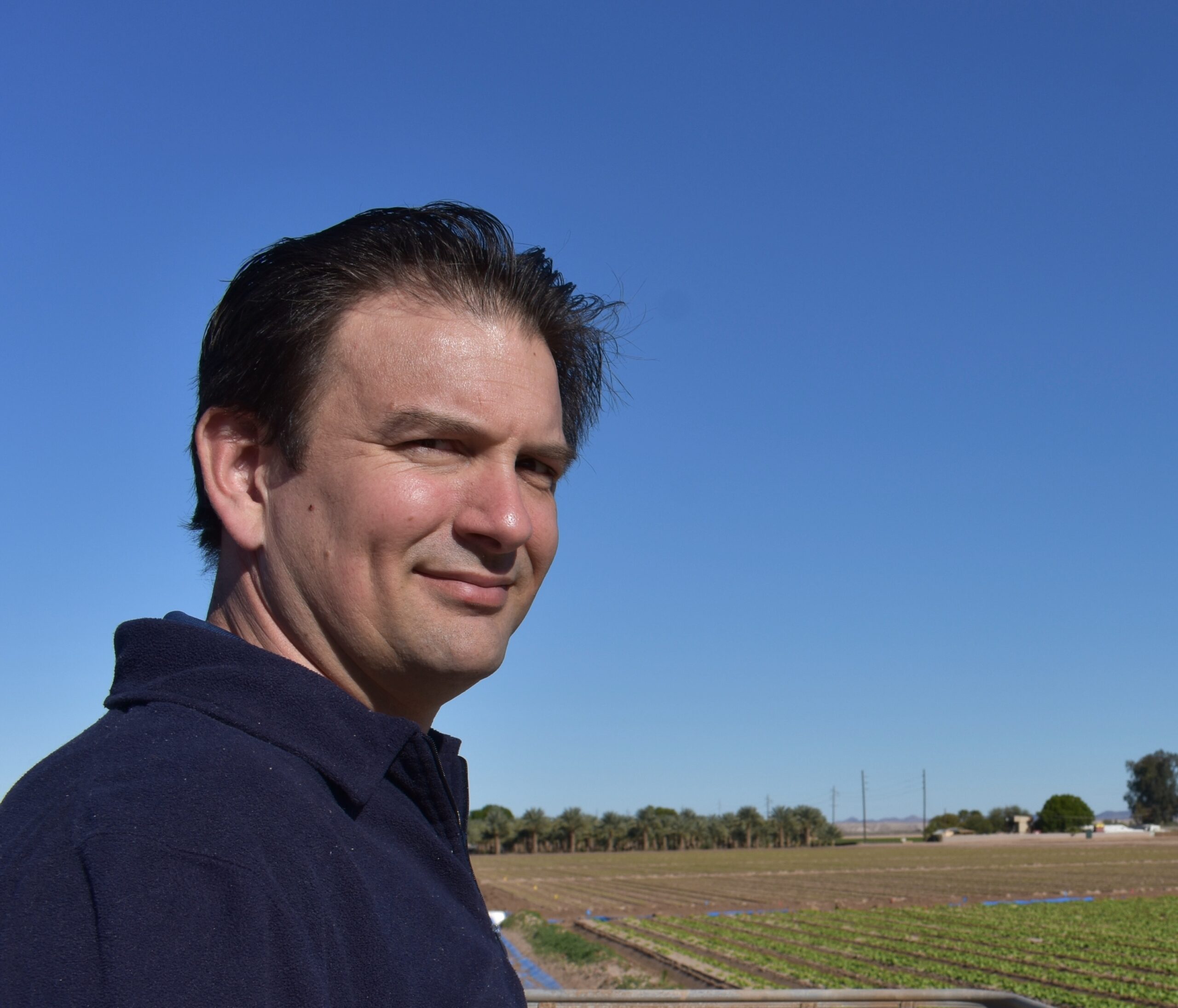
Food Day: Preparations for the Future
TODAY is Food Day, a nationwide celebration and movement for healthy, affordable, and sustainable food.
The California Department of Food and Agriculture (CDFA) Secretary Karen Ross said, “We are part of a system that will be asked to produce roughly twice as much food by 2050, while utilizing fewer natural resources. California farmers and ranchers must prepare to meet the challenges and opportunities of a growing population at home and abroad.” Asia, deeper into the 21st Century, will see an exploding middle class, and many of those newly minted consumers will want the quality, safety and reliability of California products. “I was fortunate to have the opportunity to travel to Asia twice over the last year. I witnessed that interest first-hand.”
Ross is encouraged by the vision of the UC Davis’ World Food Center, which addresses perhaps the most critical issue facing society today—how to feed and nourish a growing planet in an environmentally sustainable way. The World Food Center takes broad approach to solve humanity’s most pressing problems in food and health, including sustainable agricultural and environmental practices, food security and safety, hunger, poverty reduction through improved incomes, health and nutrition, population growth, new foods, genomics, food distribution systems, food waste, intellectual property distribution related to food, economic development and new technologies and policies.
More than 30 centers and institutes at UC Davis will collaborate through the World Food Center, plus world-class scientists, innovators, philanthropists and industry and public leaders. The center will generate the kind of visionary and practical policy solutions to feed and nurture people for the future. “Few major universities, if any, have the interdisciplinary research strength and close connection to a diversity of agricultural crops nearby to support an enterprise like this,” said Ross.
UC Berkeley’s new Berkeley Food Institute is equally ambitious. The center’s mission is to help food and agriculture systems transform to become diverse, healthy, just, and resilient from the local to international levels. The Institute will stimulate collaborative research efforts across its five partner units—Berkeley Law, the Goldman School of Public Policy, the Graduate School of Journalism, the School of Public Health, and the College of Natural Resources (CNR), plus faculty affiliates throughout the University.
Global climate change, a growing world population, broad public health concerns from hunger to obesity, and complex policies from the farm bill to food safety are among the large-scale issues that have been changing the dialogue about food.When it comes to food, separating agriculture from environmental, public policy, social justice and public health issues no longer works.
Secretary Ross stated, “A sustainable food production system must include producers of all sizes and approaches, from those serving the export markets, to large-scale producers, to smaller-scale operations that include the farm-to-fork movement that has attracted so much interest in recent years.”
CDFA is opening a Farm-to Fork Office that has a special interest in healthy food for children, and in schools. “While local food procurement can sometimes be a challenge for schools, this office will work to establish best practices for procurement of locally grown produce by large-scale buyers,” explained Ross.
October is National Farm-to-School Month, and Ross explained that the most important work we do is to teach children about healthy eating and the origins of food because if it is to remain sustainable, healthy and affordable, it will be up to them.

